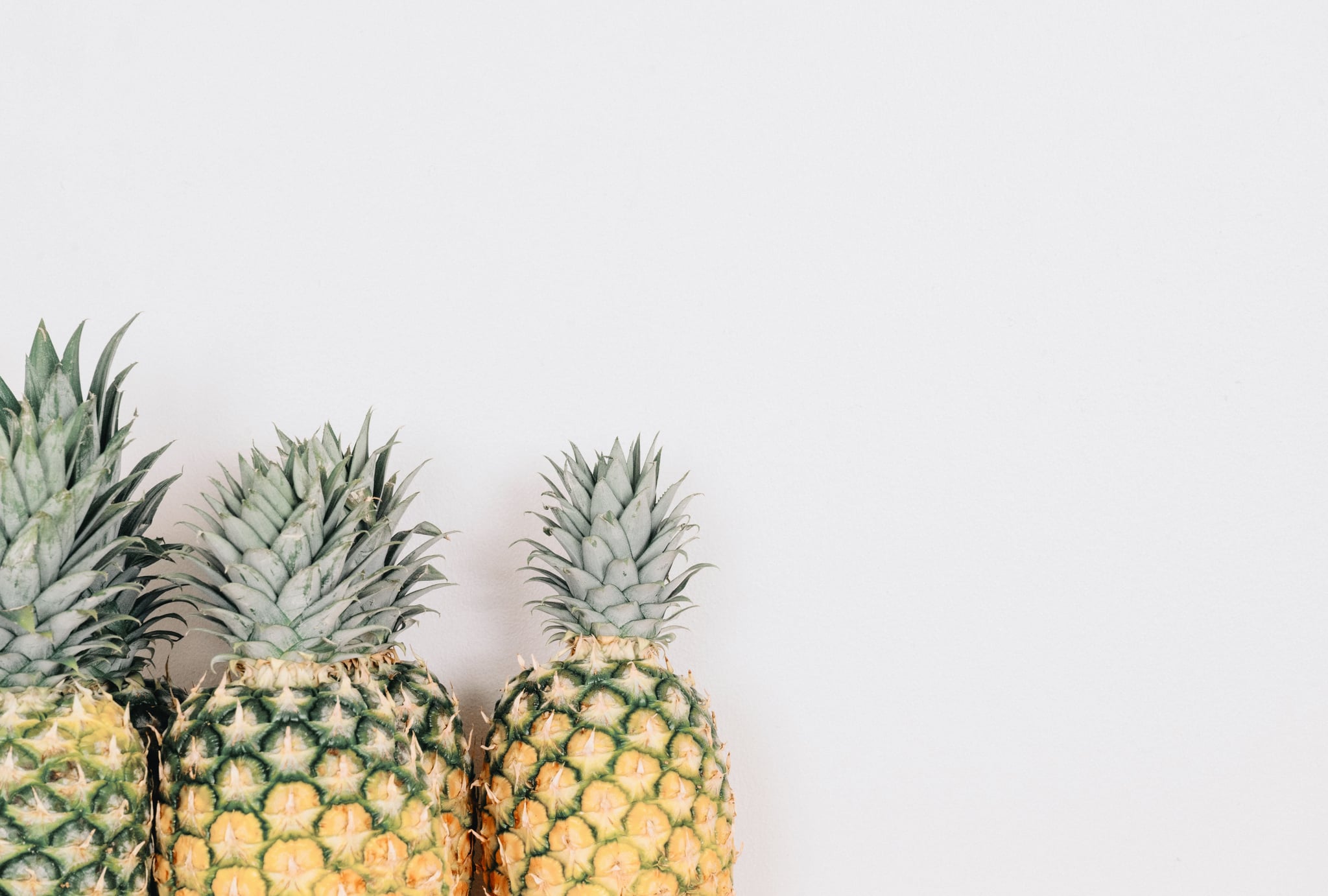Oral sex can be passionate, spicy, and oh so enjoyable, but you’re not alone if you have thoughts about how your vagina tastes. After all, if you regularly follow wellness trends or browse social media, you’re certainly used to seeing marketers and influencers promote different foods (like pineapple) and supplements that can improve the flavor and aroma of your vagina.
The newest trend is brought to you by Lemme, Kourtney Kardashian’s line of botanical supplements and vitamins, which recently announced the release of its vaginal-health gummies packed with pineapple and vitamin C with the caption, “Introducing the latest craze.” “Treat your vagina to the sweets it so richly deserves (and turn it into a sweet treat). You are what you eat, as the saying goes.”
But what’s the deal? Is it worth investing in vaginal-health gummies or loading up on pineapple, and can you really change the taste of your vagina? Don’t worry, there’s no shame in the game for wondering. Here’s what experts told POPSUGAR.According to Laura Purdy, MD, a board-certified family medicine physician and the chief medical officer of a sexual and reproductive health organization, a healthy vagina can generally have a variety of subtle tastes and odours, including metallic, bitter, sweet, or salty. She says that because the vagina is acidic, it’s particularly typical for it to taste metallic, especially right after menstruation.
Moreover, Dr. Purdy continues, if your vagina (together with the vulva and labia), has any overpowering odors, such as a fishy or nasty smell, it could be a clue that something is wrong, including but not limited to a bacterial vaginosis infection.Simply put, no. You cannot make your vagina taste like a “sweet treat.”
But your vaginal taste and odour can change based on your health, so maintaining proper hygiene and controlling illnesses can affect the taste of your vagina, says Adrienne Ton, FNP-BC, APRN-CNP, a family nurse practitioner at TBD Health, a sexual-wellness brand that provides affordable and shame-free reproductive care. “Besides that, I have yet to see a lot of high-quality evidence that anything like significant diet changes makes a difference in the taste of the vagina,” she explains.
If your vagina does have a strong, new taste and you’re concerned, check in with your doctor to rule out any taste that may be related to a vaginal infection like bacterial vaginosis, which can be treated with antibiotics, Dr. Purdy adds.





